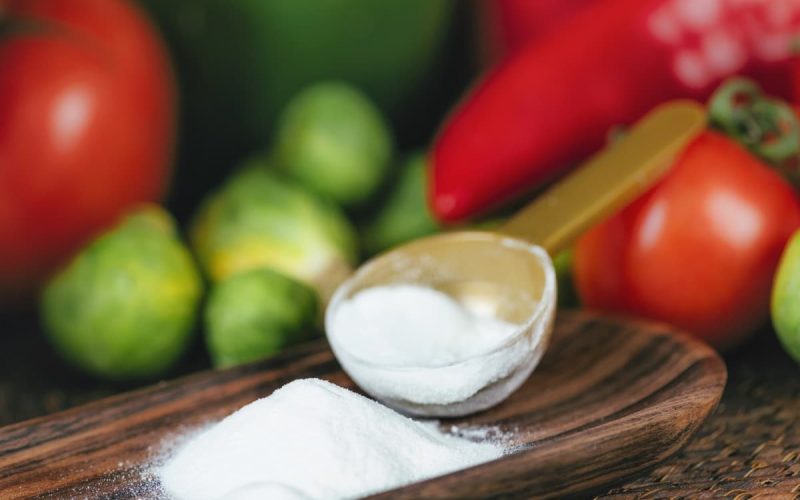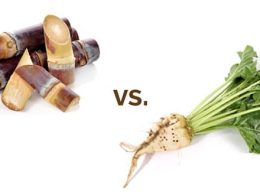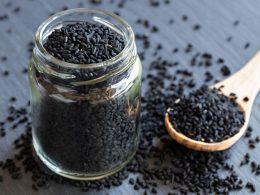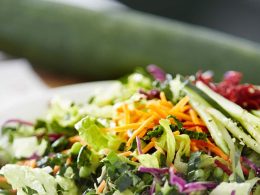There isn’t anything like vegan collagen, but let’s elaborate. Collagen is the major structural protein of various connective tissues.
It constitutes of amino acids, and it is an insoluble, fibrous protein. These connective tissues can be found in most humans or animals, and they include tendons, muscle, skin, and ligaments.
Collagen is generally the bond that keeps your body together. It plays an integral part in body systems, including providing skin with its elasticity and strengthening bones.
It is known that as we grow older, our ability to collect collagen declines. This leads to biological signs of ageing, such as achy joints and wrinkles.
While we are all for the festivity of healthy ageing and kicking against anti-ageing rhetoric, collagen deficiencies tend to be our body’s means of signaling health issues.
Where can collagen be gotten from?
There are numerous sources of collagen, but the majority of them come from animals. Most collagen supplements that can be found in the market are generally gotten from fish or cows.
This makes a “vegan” collagen product challenging to find. Nonetheless, it is feasible to supplement your diet with vitamins that increase collagen production in your body.
Considering the impacts of animal agriculture on the environment and efforts to promote the most humane treatment of animals, we understand that plant-based, collagen-boosting ingredients are the best choice for proper collagen supplements.
Researchers have shown that several plant-based foods can facilitate collagen synthesis, enhance, strengthen, and extend the health of the skin. These foods include turmeric, aloe vera, licorice, cinnamon, pomegranate, and dill.
By boosting your collagen production via plant-based supplementation, you’re promoting vibrancy, longevity, and even enhancing your skin, hair, and nails.
How is Collagen Formed in the Body?
Collagen production commences with procollagen, a molecule formulated from protein and vitamin C. This protein includes chains of amino acids, such as proline, arginine, lysine, and hydroxyproline.
As procollagen molecules are generated, these molecules begin to curl concurrently into fibrils.
The procollagen molecules build up these fibrils until they’re created into more structured collagenous fibers. These fibers begin to bundle themselves tightly, and it provides the structural element to things like tendons, skin, hair, and nails.
How to gain collagen naturally using a plant-based sources
Unfortunately, most recent researches make use of animal-derived collagen sources as the primary variable. Nevertheless, the study we do have about plant-based collagen sources indicates that animal derivatives are not required for collagen-building effects.
Collagen synthesis is complicated and employs several complementary nutrients as well as compounds in the body. Lack of minerals or vitamins like Vitamin C, silica, zinc, polysaccharides, copper, and amino acids (protein) could reduce your body’s potential to consume and produce collagen.
Fortunately, there are plant-based sources that contain all the essential compounds required for collagen synthesis, and they include:
Amino Acids
Amino acids, also referred to as the building blocks of protein, are a foundational factor in collagen synthesis. A lot of people believe that protein can only be acquired adequately from animal sources.
However, plant-based proteins like pea protein or quinoa are regarded as complete proteins.
A complete protein suggests that it constitutes all nine necessary amino acids, which the human body can’t generate on its own. Developing healthy collagen isn’t about consuming collagen protein, but giving your body the right building blocks of protein.
Silica
Another recognized collagen-boosting blend is silica. The majority of plant-based foods generally include silica, but fact supports that bamboo contains some of the highest quantities of silica.
Silica is a beneficial mineral that boosts the resilience and appearance of skin, hair, and nails. For instance, the existence of soft and delicate nails can suggest a systemic shortage of silicon.
Not only does silica improve the strength of your nails and hair, but it also brightens them up and decreases hair loss. It is indicated that hair strands with high silicon content often have a lower chance of falling out and higher degrees of brightness.
Aloe Vera
This skin-boosting compound accomplishes more than simmering down a sunburn. Aloe vera is abundant in polysaccharides that play a part in developing amino acids in the collagen-building.
These polysaccharides can potentially assist in creating more extensive and more robust collagen assemblies.
Additionally, aloe vera has also been researched for its potential to provide nutrients that can help facilitate the healing time of cuts and wounds.
Vitamin C
Besides amino acids, vitamin C is among the essential must-have elements in natural collagen generation. Your body can’t form or store collagen if there isn’t a sufficient amount of vitamin C.
Vitamin C is required to transform proline into hydroxyproline. Hydroxyproline is crucial to balancing the collagen structure. It accomplishes so by stabilizing the (triple helix) structure of collagen. Also, vitamin C can assist in protecting the skin from UV and free radical harm.
Vitamin E
Vitamin E, also recognized as vitamin C’s synergistic best friend and an anti-ageing proponent. We understand that vitamin C can lessen oxidative damage to the skin, but when utilized together with vitamin E, it becomes anti-oxidative properties that are considerably enhanced.
Consuming vitamin E helps against lipid peroxidation and collagen cross-linking. Both activities are associated with the ageing of the skin.
Naturally, there isn’t such a thing as vegan collagen. However, collagen can be gotten for plant-based sources, which provide enough collagen that your body needs to function.









